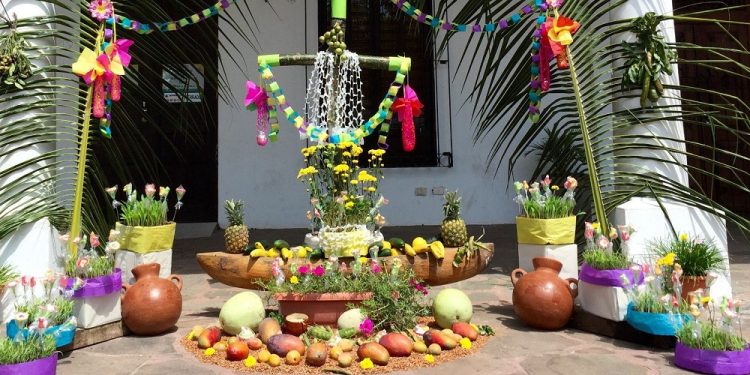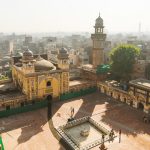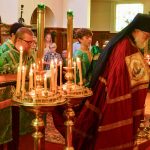
Cross Day
Cross Day—also known as Day of the Cross—is a holiday observed annually on May 3rd. In El Salvador, homes across the country decorate a cross made from a Jiote tree with paper ornaments and fruit. This holiday dates back to colonial times and marks the beginning of the rainy season in the country.
The simple decorations of the cross not only commemorate the beginning of winter but also protect family members from the evil works of the devil. These crosses are used for giving thanks to God for providing food to the family all year long.
The History of Cross Day in El Salvador
No one really knows when this holiday began. What is known is that it can be attributed to pre-colonial harvest celebrations among the indigenous people of El Salvador. When Christianity was introduced to the country, the symbols of protection and thanks were converted to the cross—a Christian symbol.
Interesting Facts About El Salvador
Below are just a handful of facts about El Salvador that we collected while researching this traditional Salvadoran holiday.
- El Salvador is the smallest country in Central America—it’s about the same size as Wales.
- On September 15, 1821, El Salvador became independent from Spain.
- The U.S. dollar is the currency most frequently used in El Salvador.
- Surfers from all around the world consider El Salvador a popular surfing destination.
Observing Cross Day in El Salvador
People take great care in making their crosses out of the wood of a Jiote tree and decorating them with paper ornaments and fruit. Since May is when many fruits in El Salvador begin to emerge, Salvadorans have plenty of fruit to choose from while decorating their cross. The usual custom after the cross is decorated is to pray in front of it with friends and/or family members and then to eat the fruits that are on it.








